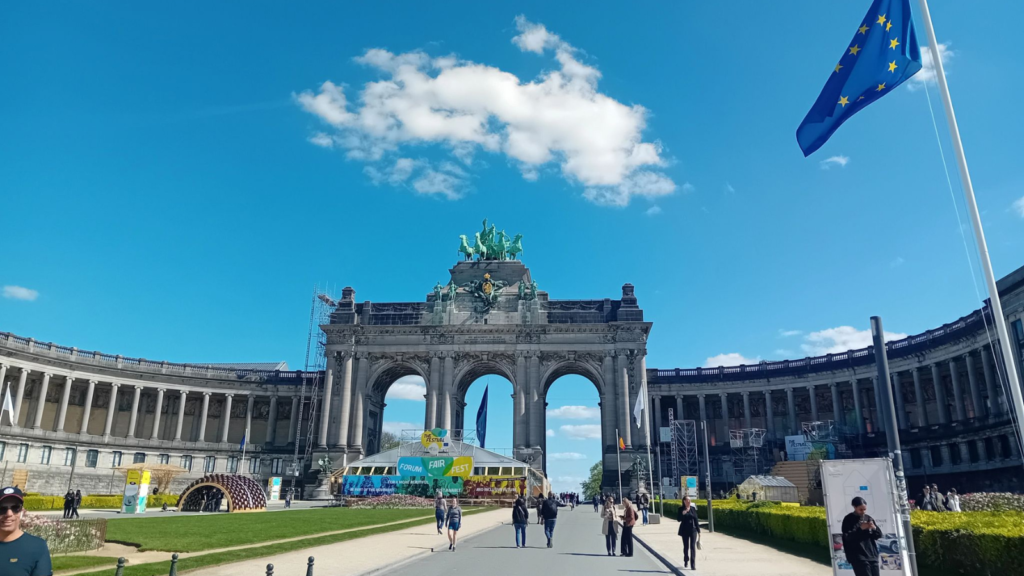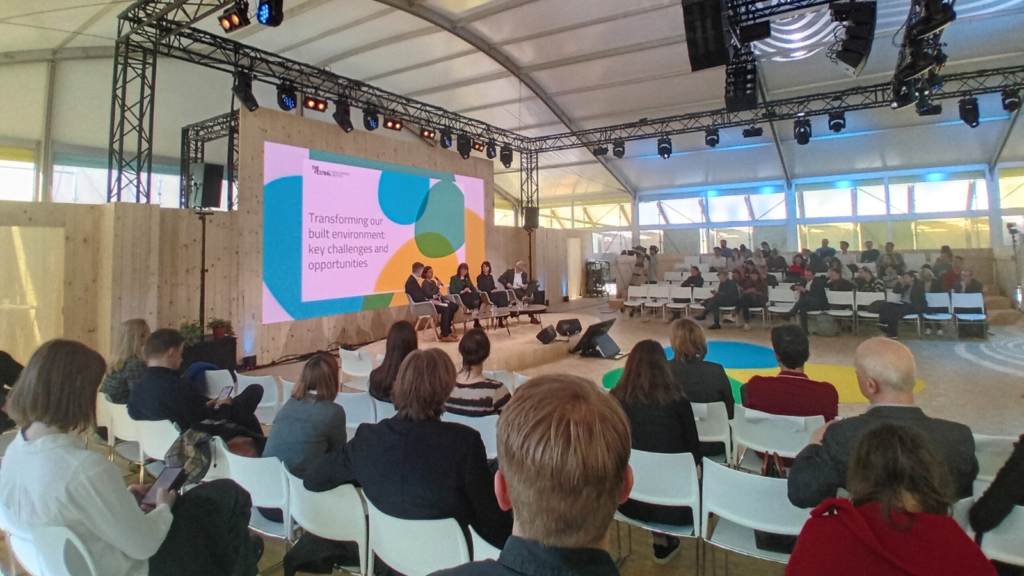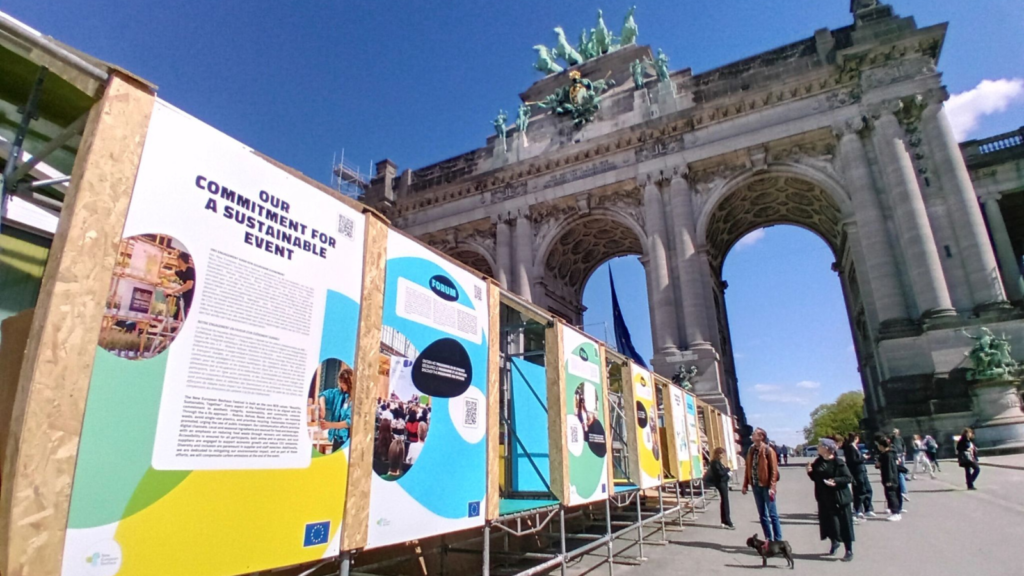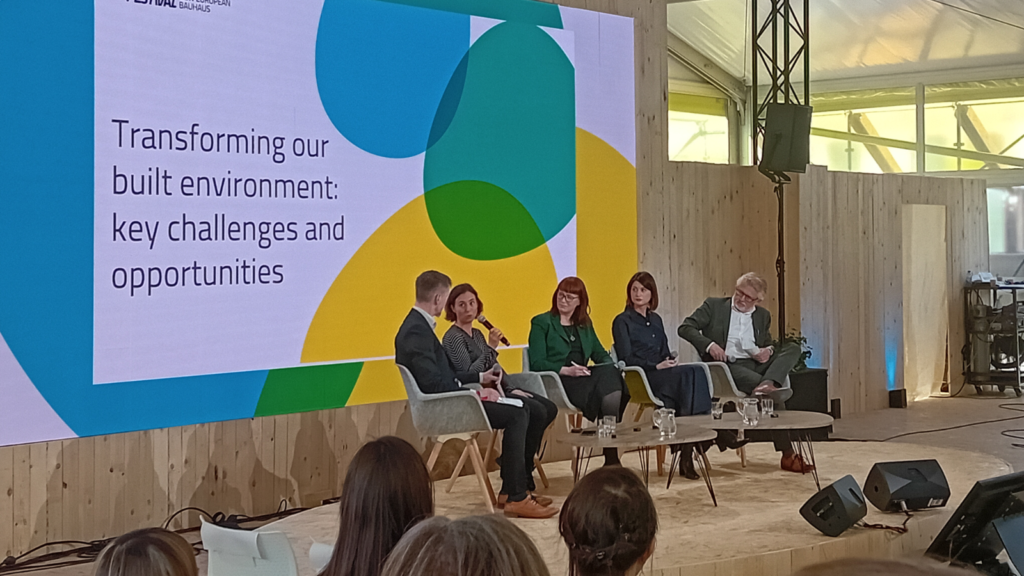Eurhonet was pleased to attend the New European Bauhaus Festival 2024, taking place in Brussels, Belgium. The New European Bauhaus is a transdisciplinary movement to build a sustainable, inclusive, and beautiful future. Eurhonet is a proud official partner of the NEB. We aim for the partnership to strengthen knowledge sharing and help ensure that the experiences of local public and social housing providers are included in discussions of neighbourhood transformation.


“The core values of the New European Bauhaus strongly resonate with Eurhonet’s mission. As a network of public and social housing providers, we promote learning and development to better serve the tenants of today and tomorrow,” stated Alessandro Cesale, Eurhonet’s Director General. “In particular, our Topic Groups develop best practice on sustainable, inclusive, and accessible neighbourhoods that meet the needs of all residents.
“The New European Bauhaus initiative is all about creating bridges and collaborating across disciplines. Eurhonet is passionate about embracing different perspectives and learning from them.”
Sustainability, inclusion, aesthetics
The movement aims to steer the transformation of societies along three values: sustainability, inclusion (diversity, accessibility, and affordability), and aesthetics (quality of experience beyond functionality).
During the festival, we gained insights into the key challenges and opportunities to transform our built environment. Bent Madsen, President of Housing Europe, highlighted the need to strive for a balance between social and sustainable. We must never forget who we are doing it for: people.


Panellists emphasised the importance of setting ambitious goals in decarbonisation efforts. Giulia Frittoli, Bjarke Ingels Group (BIG), stated that European and national targets should not be seen as the end goal; we must keep raising the bar to encourage continual improvement.
Bio-based building materials will be key to the transformation of the built environment, confirmed panellists, but we cannot underestimate the importance of working with the materials available locally. It is imperative to understand the places we are working in and make use of traditional, local knowledge.
New buildings must be designed for disassembly and reuse, focusing on whole life carbon. In addition, flexibility in design will be key to ensuring that we meet the needs of people of all ages and stages of life, stressed Madsen. Of course, while we welcome more and more new buildings that are both beautiful and sustainable, the challenge is to make sure that older housing stock is not left behind, highlighted Andreja Kutnar, InnoRenew CoE.
The insights gathered during the festival serve as an important reminder of the need for an interdisciplinary approach to transformation. By balancing social and environmental considerations – placing people at the centre – we can improve the wellbeing of people now and in the future. We look forward to gaining further inputs from diverse experts as a partner of the New European Bauhaus initiative.





